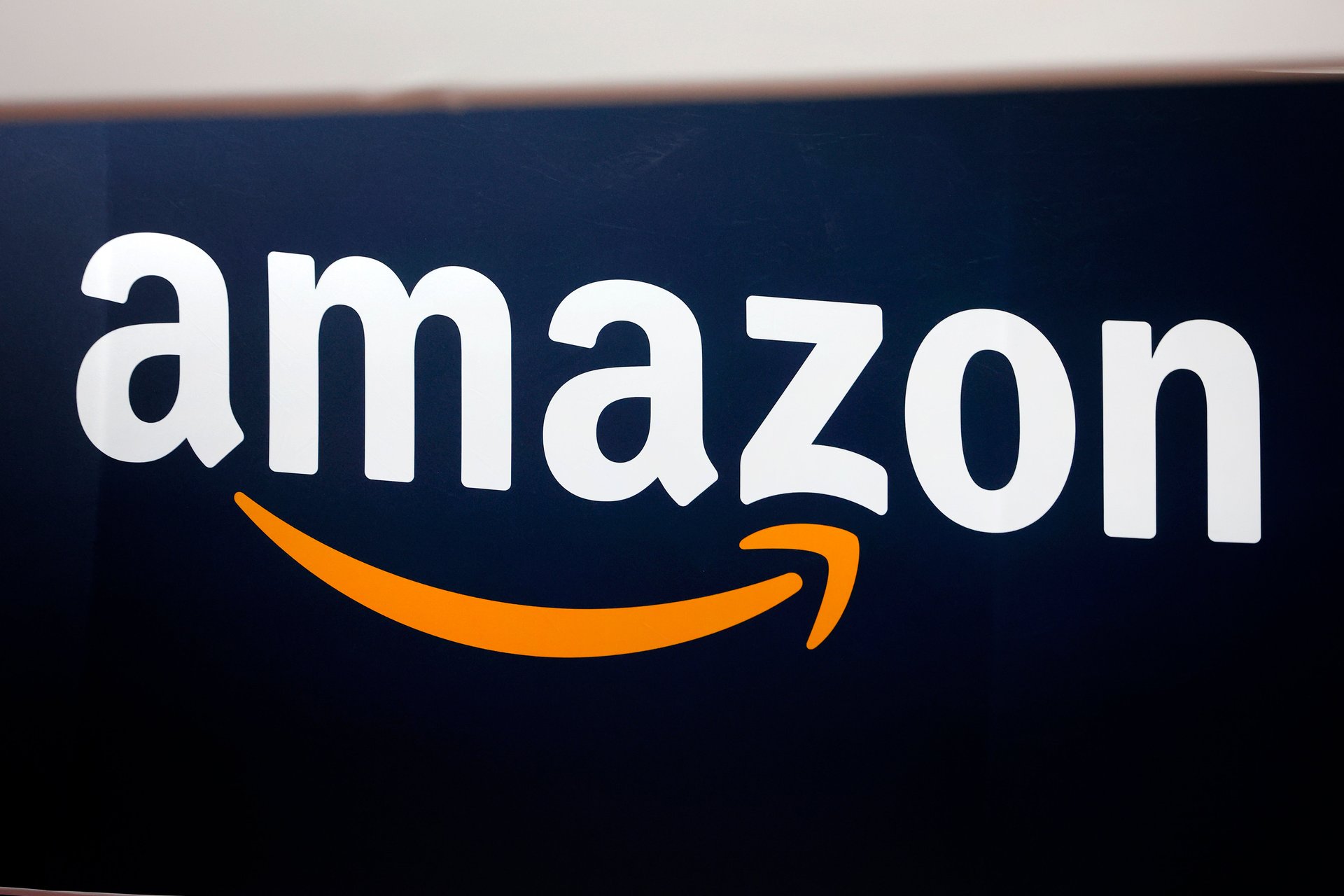Amazon is all about the cheap stuff right now
The e-commerce giant says it’s upping its focus on everyday items in categories such as health, beauty, and groceries

Amazon (AMZN) is making a big bet on low-cost essentials — and it’s apparently paying off.
Suggested Reading
The e-commerce giant says it’s upping its focus on everyday items in categories such as health, beauty, and groceries, while also accelerating delivery speeds to keep up with increasing consumer demand.
Related Content
“We’re continuing to lower prices and ship even more quickly,” Amazon CEO Andy Jassy said during the company’s earnings call on Oct. 31. “We can see this resonating with customers, as our unit growth continues to be strong and outpace even our revenue growth.”
Shoppers seem to be flocking to Amazon for essentials, driving a surge in sales that’s growing 50% faster than other product categories, according to Amazon’s CFO Brian Olsavsky.
These low-cost staples are a significant sales driver, Olsavsky explained. “When customers purchase these types of items from us, they build bigger baskets, shop more frequently, and spend more on Amazon.”
However, Olsavsky also highlighted a key challenge: “It’s much harder to lower prices while still being able to make a profit.” Offering discounted items is easy in theory, but the real challenge is figuring out how to supply them in a way that makes economic sense for the business.
Amazon’s recent Prime Day and Deals Days highlight the demand for discounts. With billions upon billions in sales, it’s clear that consumers are hunting for discounts that stretch their dollars further.
Still, Prime membership growth has slowed. This helps explain why Amazon is sweetening the deal with some additional perks, such as unlimited grocery delivery for Whole Foods Market, Amazon Fresh, and local grocery partners at just $9.99 per month. Plus, Amazon claims it is on track to deliver its fastest speeds ever for Prime members worldwide. In September, it launched Savor, a budget grocery line aimed at attracting price-conscious shoppers.
As consumers continue to be cautious about their spending, Amazon’s focus on cheaper items could keep it ahead of competitors like Target (TGT), Walmart (WMT), and discount grocer Aldi, all of which are racing to lower prices in response to changing shopping habits.